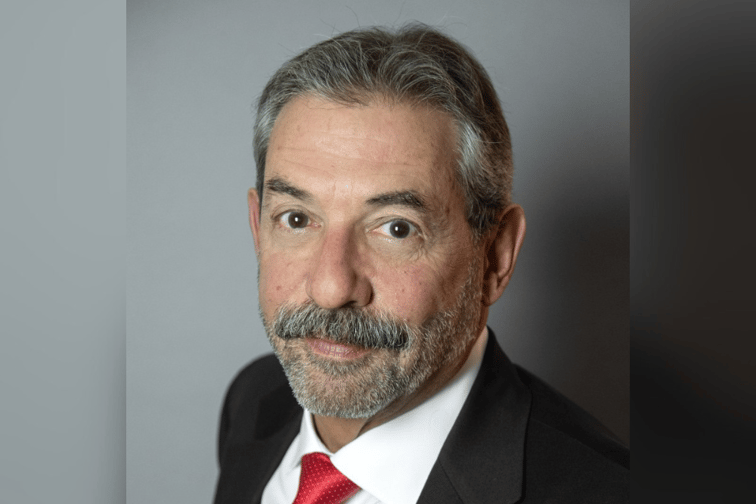

EmPRO is expanding into a regional insurance carrier after dramatically turning around its parent company’s business in two years.
The New York-based company, the third largest admitted medical professional liability insurer in the state, is a wholly owned subsidiary of Physicians’ Reciprocal Insurers (PRI).
It was capitalized by PRI in 2020 with $100 million of surplus, assuming all PRI’s active business in New York.
In the year ended December 31, 2022, EmPRO reported a net income of $12.1 million, with a gross written premium of $178.4 million. Its combined ratio sat at 82.7%.
The financial results are the fruit of a “very productive” few years, according to Bruce Shulan (pictured), president and CEO of EmPRO.
“EmPRO was, in a lot of ways, a start-up beginning in 2020,” he told Insurance Business.
Shulan, who was brought in lead the restructuring of PRI, said it had been a long and rewarding road to transitioning the business to growth.
“We came in as a turnaround management team and assumed control of PRI in July of 2017, and set about the process of re-engineering its processes in all departments, from top to bottom,” he said.
At the time, PRI had approximately a 23% market share in medical malpractice insurance in New York, according to the CEO. At the end of 2016, the business was “about half a billion dollars insolvent, give or take.”
PRI acquired EmPRO in September 2020 amidst the COVID-19 pandemic and started issuing new policies out of the company. In October 2020, EmPRO started renewing PRI’s existing business. Shulan and his team managed to retain 90% of clients following the transition.
“The goal was to position the enterprise so that we could sell policies out of a solvent insurance company, protect the value of the business, and grow the business,” he said.
At the end of its first quarter, EmPRO brought in nearly $25 million worth of written premium.
How did PRI and EmPRO manage to turn their fortunes around so quickly?
“The simple answer to state, but not so simple in execution, is that as a senior management team, we worked very hard to do the best job possible to run the company,” Shulan responded.
Their strategy focused first on disciplined underwriting.
“When we assume control of PRI, its loss ratio was in the mid-80’s. We’re now writing reliably in the low to mid-60’s,” the CEO continued.
“We saw dramatic decreases in the loss ratio from year to year as we completely reengineered the underwriting process and restructured the underwriting department.”
Equally important to EmPRO’s success is improved claims handling. PRI’s claims department was also subjected to a stricter management, according to Shulan.
“That doesn't mean we don't pay claims,” he said. “That means we work very hard to achieve the proper resolution in any given claim. In the process, we try more cases than many of our counterparts, to about a 95% success ratio.”
EmPRO also established an in-house law firm that services its insureds and is dedicated to trying cases, helping the company with cost savings.
“If we can underwrite more effectively and handle claims more efficiently, it brings our operating cost down, improves our underwriting results and results in lower premiums for our clients,” Shulan said. “So, it becomes a win-win across the board.”
Finally, it was important for the EmPRO team to strengthen relationships with brokers and become more responsive to their needs.
“When we first assumed control of the company, I think it's fair to say that we were not amongst the most well-liked [by brokers] in the state of New York,” admitted Shulan. “PRI was insolvent and not particularly responsive to the needs of the broker community.
“What we’ve done over the last five years is recognize that brokers are a constituency that we need to serve.”
Over the next two years, EmPRO plans to accelerate its growth as a regional carrier in the Northeast. The company is “on the precipice” of writing business in New Jersey, after establishing itself in Pennsylvania and Connecticut this year.
On their expansion strategy, Shulan said: “We will initially move in slowly, but as we develop a better understanding of the market conditions this will give us the ability to expand the company to a regional writer of medical professional liability.”
But the CEO was also cognizant of the ways the medical malpractice insurance industry is evolving.
“The practice of medicine in New York State and may places in the country has changed dramatically,” he continued. “Physicians are becoming members of larger groups or becoming employees of facilities and hospitals. So, the independent physician market in which we used to compete primarily is shrinking.
“The competition in New York is also increasing. In addition to three major admitted insurers, there are also several risk retention groups that are competing for business. They’re less regulated, and as a result, they're more rate flexible than the admitted carriers.
“So, as we continue to grow, we must look across state lines, to contiguous states where we can service physician groups that are practicing on a multistate basis.
“We’ll move into those states with the same calculated strategy that we employed during our turnaround of PRI. That is, we won’t seek to write a huge amount of business coming out of the gate but look to fully understand the market and what the pricing should be.”
What are your thoughts on EmPRO’s turnaround and expansion plans? Let us know in the comments.
